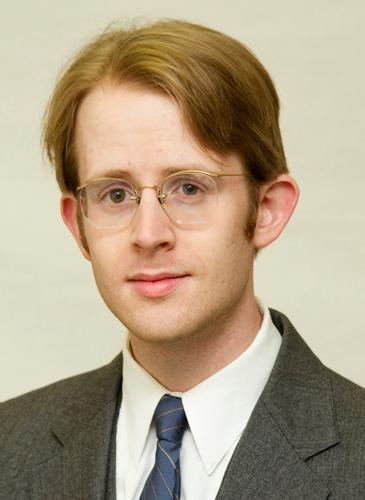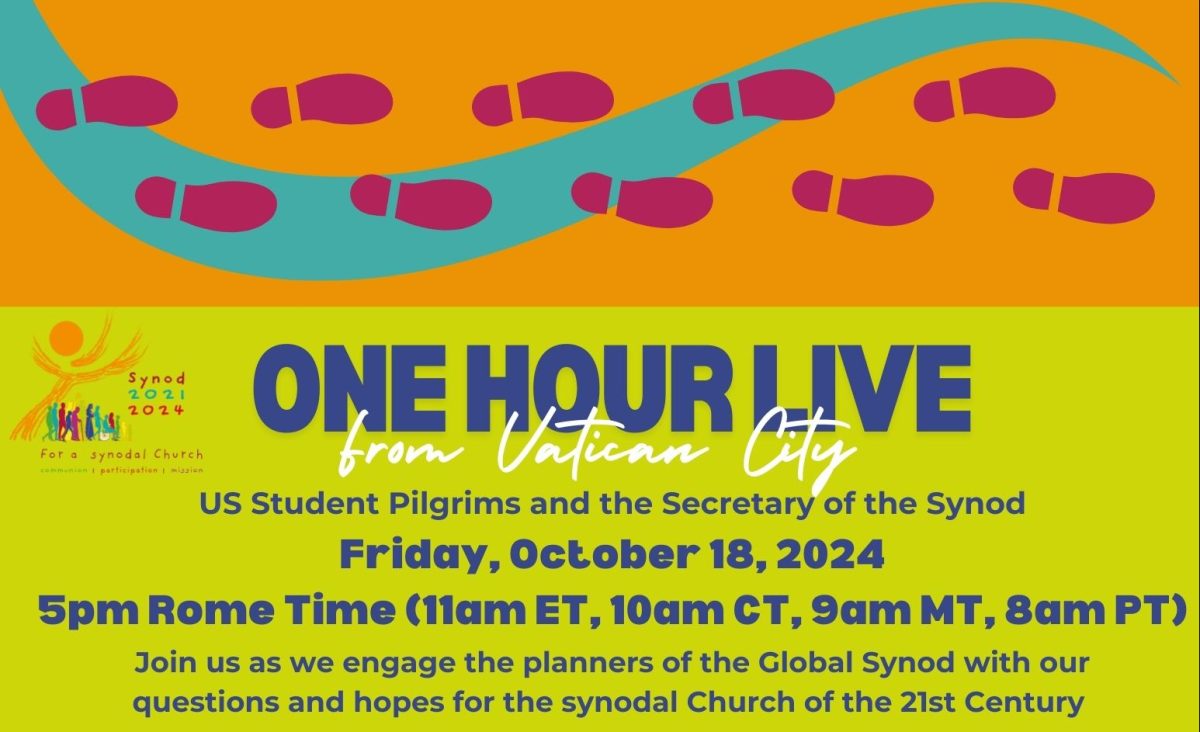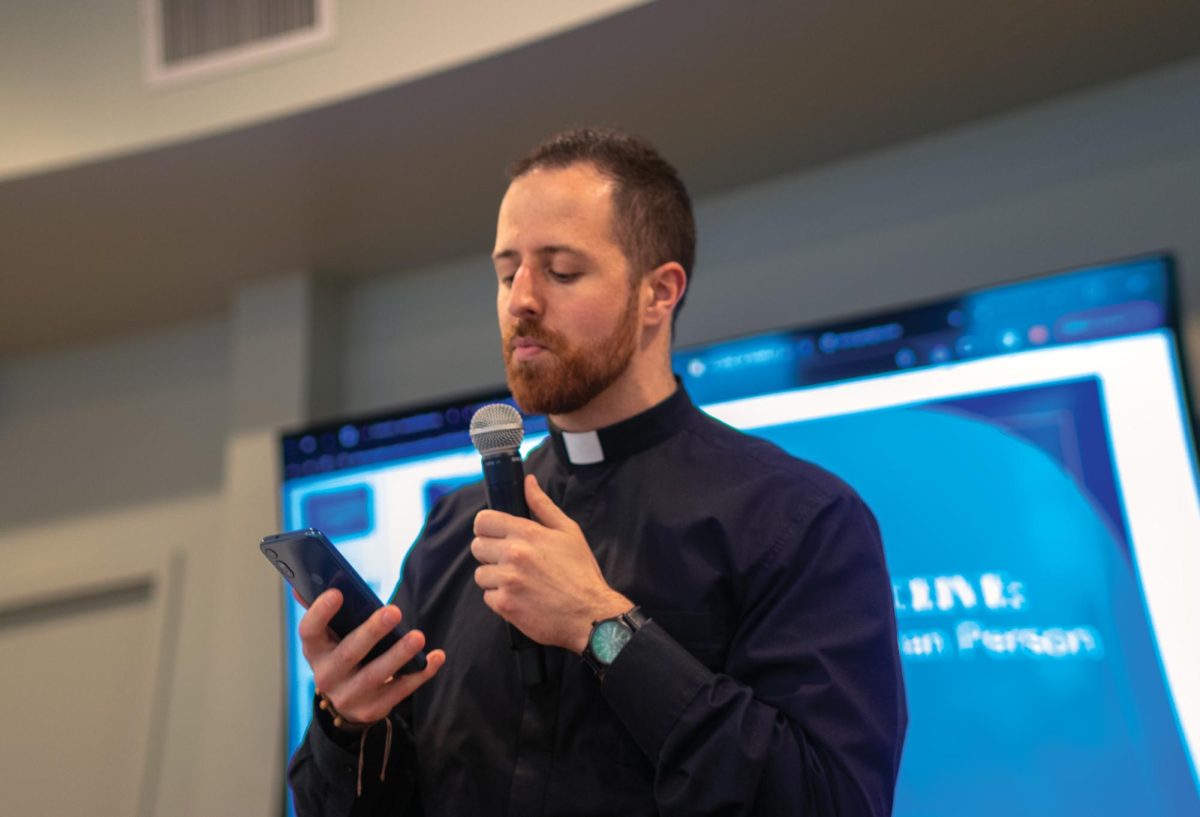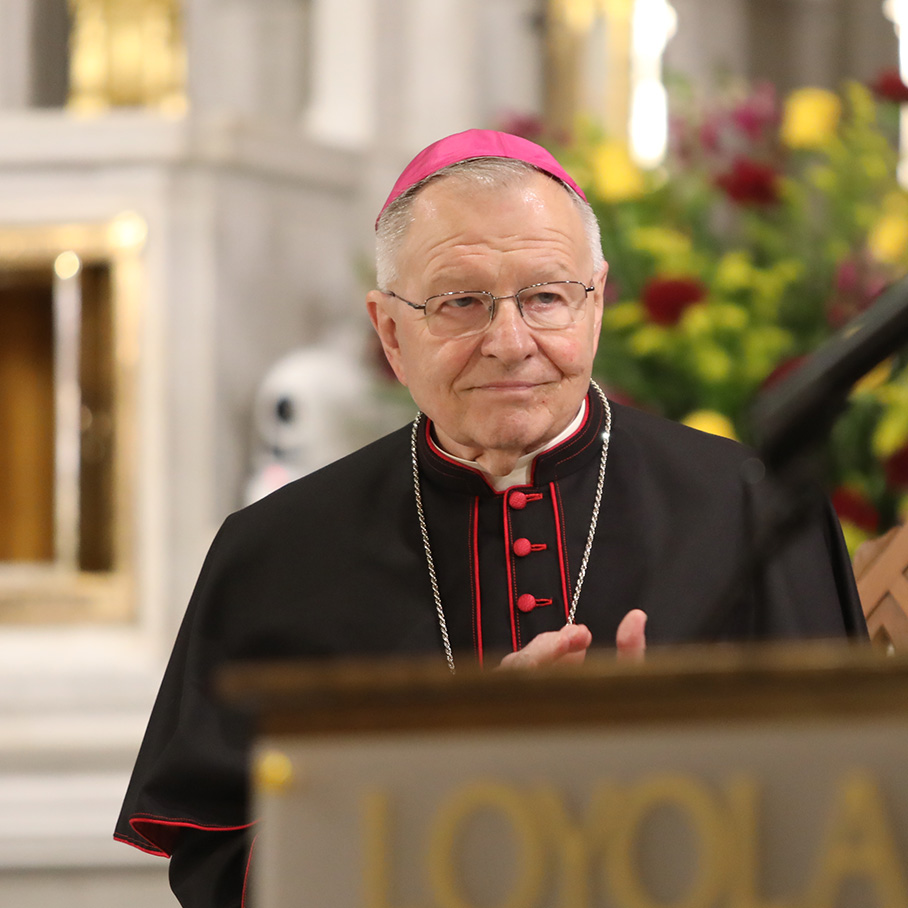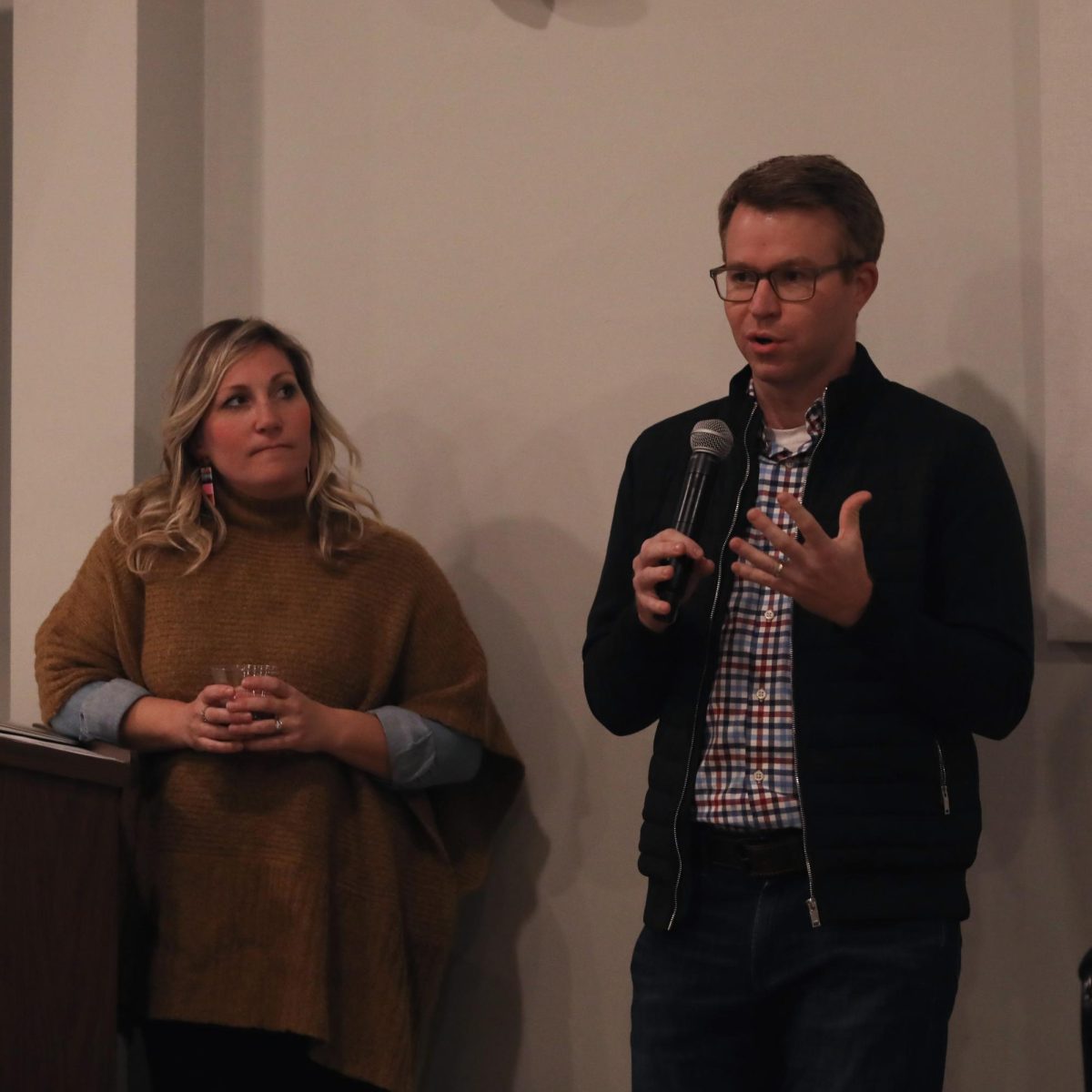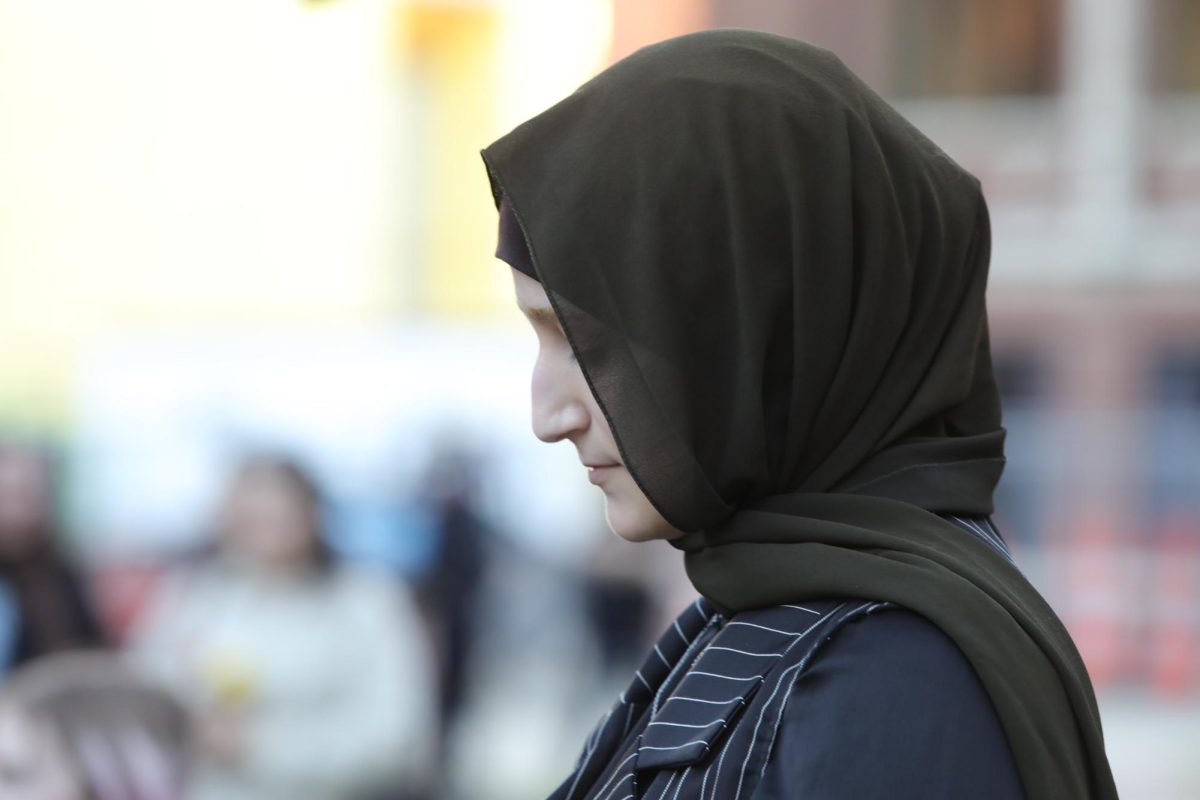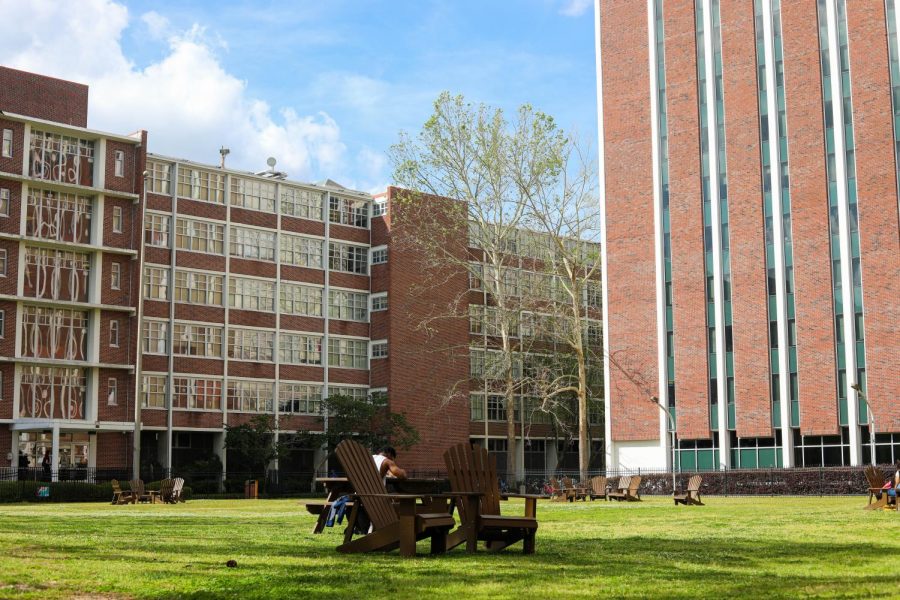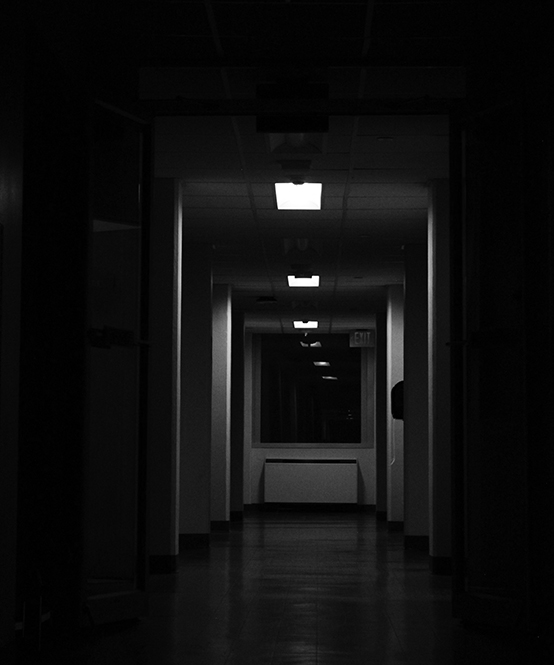Whenever Facebook’s interface changes, millions of users despair. Some threaten to leave, and a few probably do. Facebook, meanwhile, continues to grow and will probably raise billions of dollars in a stock offering later this year. On Nov. 27, 2011, when the new edition of the Roman Missal entered into use, a similar response emerged from Catholics who were quite comfortable with the old translation.
The general objection to the missal is that the new words are unfamiliar or sound ridiculous —”consubstantial” comes to mind. Many who oppose these changes argue that the language of the Mass should be natural and simple. Indeed, the Latin Vulgate and Koine Greek New Testament are plainly styled. The Mass was originally said in Latin in the West and in Greek in the East because these were the languages spoken by the Christians who lived there.
Still, nearly every Anglophone Christian will happily intone “Hallowed be Thy name.” Even without the problematic connotations, no Catholic would tolerate translating the Latinate “Trinity” into a more Saxon word, like “Threesome.”
“Consubstantial” may be a strange word, but I ask the reader to say “one in being with the Father” and assess whether this rendition really affects a deeper understanding of the Trinity. The Trinity is not a simple concept: the Father is God, and God is the Son, but the Father is not the Son. No ordinary logic can explain this. “One in being with the Father” oversimplifies this relationship and could mislead one into overlooking an important theological concept.
Logic and determinism are not the ultimate goals of Catholicism. A wise Catholic remarked to me recently that, just as a flame grows darker as one approaches its hottest point, God becomes more mysterious as one grows in religion.
Perhaps the greatest problem is change. Indeed, many Catholics grew up with the old text; most of us forget that priests are far worse off — they say Mass every day. I, too, like consistency, hence why I attend the Extraordinary Form of the Mass, which has remained nearly exactly the same for at least five centuries, and which I consequently expect not to change in my lifetime. Still, after having attended only two Masses with the new translation, I already know what to do, and even if I get lost, at least now I can just translate literally in my head from the Latin.
Ed Seyler can be reached at [email protected]


